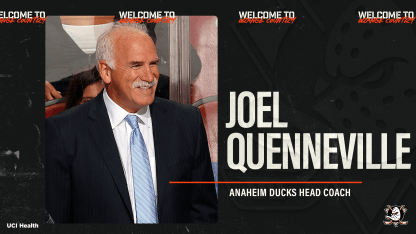SPORTS INFO DASH
Sports Info Dash is your all-in-one hub for real-time sports updates, live scores, in-depth match stats, player profiles, and breaking news across football, basketball, tennis, and more. Stay ahead with the latest in global sports action.
Kyle Beach: How One Player's Courage Changed the NHL Forever
Sports Info Dash
Kyle Beach’s name stands as a watershed moment in hockey history. His decision to come forward with allegations of sexual abuse during the 2010 Chicago Blackhawks' Stanley Cup run not only took extraordinary courage but also transformed the NHL’s approach to accountability and player safety. This article explores Beach's story, the impact on the league, and why his voice still shapes the future of hockey.

Who Is Kyle Beach?
Kyle Beach is a former professional hockey player who entered the NHL as a first-round draft pick for the Chicago Blackhawks. While his playing career was promising, it was events off the ice that ultimately defined his legacy. In 2021, Beach revealed he was the victim known as "John Doe" in the Blackhawks scandal, exposing sexual abuse by former video coach Brad Aldrich and a subsequent failure by the organization to address his complaints promptly.
The Chicago Blackhawks Scandal: What Happened?
In 2010, Kyle Beach reported to Blackhawks management that Aldrich had assaulted him during the team's Stanley Cup run. Rather than acting swiftly, leadership—including then-head coach Joel Quenneville—delayed taking action. An independent investigation determined that key executives neglected their responsibility, leading to resignations, NHL bans, and a renewed spotlight on how sports organizations protect their players.
Joel Quenneville, who led the Blackhawks to three Stanley Cups, later acknowledged his accountability. He said, “I take full responsibility for not following up and asking more questions” (read full coverage on ESPN). This scandal not only halted Quenneville's career temporarily but also prompted the NHL to rethink its standards for professionalism and player safety.
The Road to Change: Legal Fallout and NHL Reforms
Beach’s lawsuit—and his determination to speak publicly—ignited sweeping reforms across the NHL. The league updated its policies on investigating abuse allegations and established clearer guidelines on reporting misconduct. After a period of suspension, several Blackhawks executives, including general manager Stan Bowman and Joel Quenneville, received the opportunity to return, but not without ongoing debate and scrutiny from the hockey world.
Following Quenneville’s controversial return as head coach for the Anaheim Ducks, legal representatives for the victims voiced their concern. They called for “the highest standards of conduct,” emphasizing the need for safeguarding player well-being over prioritizing victories (Sports Illustrated analysis). The Ducks organization conducted its own internal review, ultimately referencing Quenneville's personal growth and accountability—but the conversation about safety remains ongoing.
Why Kyle Beach’s Story Matters Now
The legacy of Kyle Beach is not solely defined by the trauma he endured. His actions have fostered meaningful change in professional sports culture. Other athletes have felt empowered to share their experiences, knowing their voices can lead to reform and justice. Hockey fans and players alike continue to push for transparent oversight and prevention of abuse at all levels, ensuring stories like Beach’s aren’t repeated.
For more details on how the Ducks navigated the hiring of Quenneville post-scandal, see the official Anaheim Ducks announcement.
Conclusion: Kyle Beach’s Enduring Legacy
Kyle Beach’s story holds a prominent place in both hockey history and ongoing conversations about athlete welfare. By standing up, he compelled the industry to self-reflect, adapt, and protect its players better. While controversy surrounds the reinstatement of some figures, the vigilance sparked by Beach continues to drive the NHL, its fans, and its athletes toward a more transparent and accountable future.
The courage of Kyle Beach serves as a lasting reminder that the well-being of every player must come before any victory.